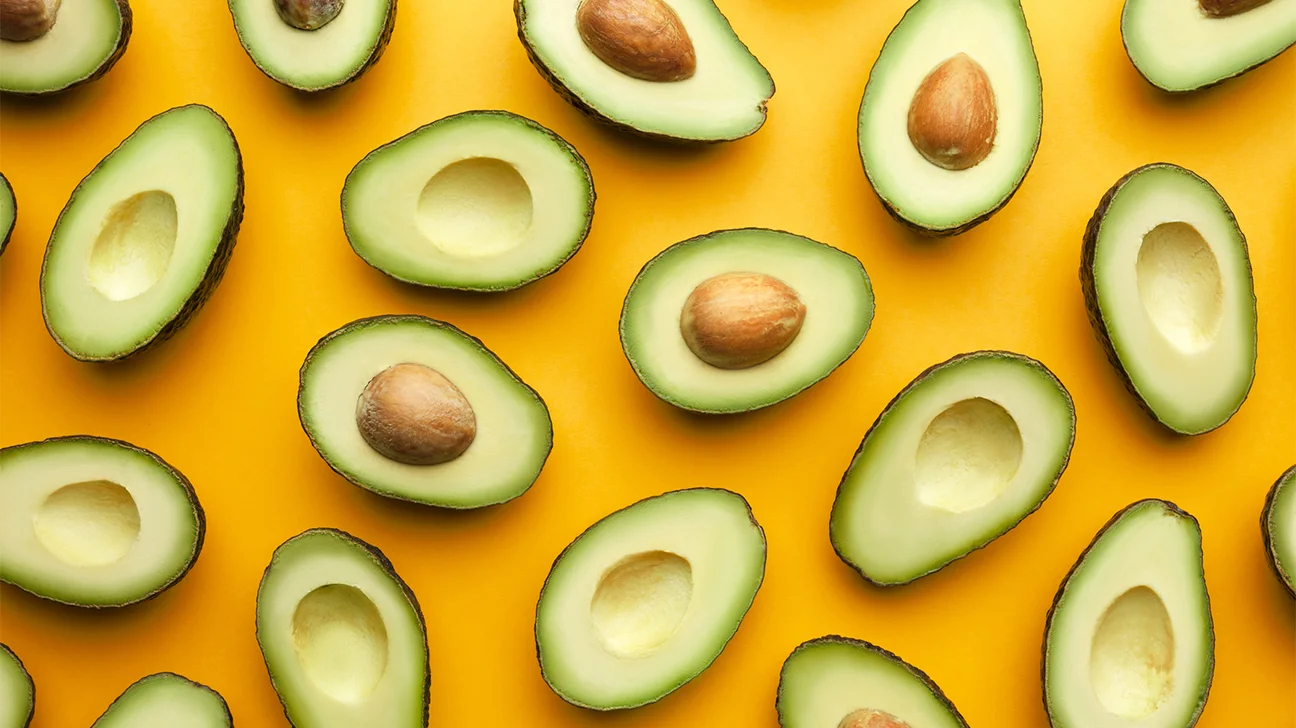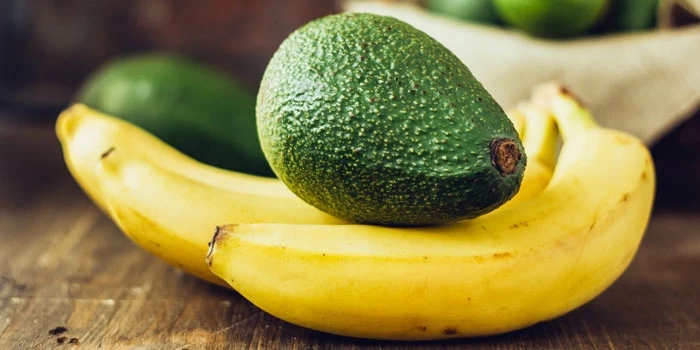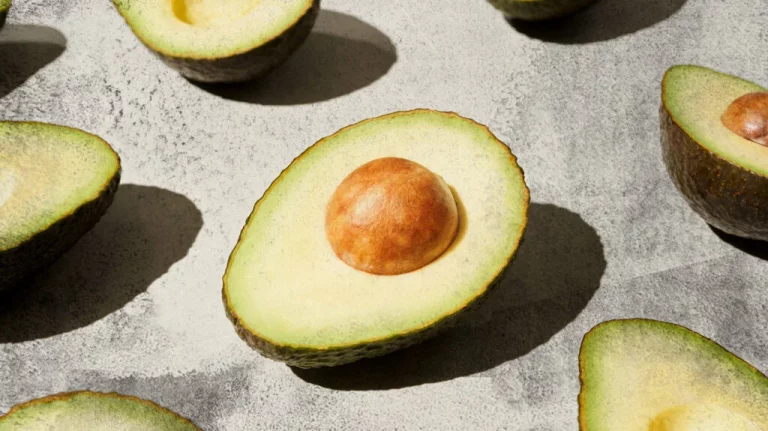Can Avocados Help With Weight Loss?
If you include avocados in a well-balanced, whole food diet and eat them in moderation, you won’t lose weight. Nevertheless, they are nourishing and might help with weight loss.
Avocados are a tasty and unusual fruit.
Because avocados are high in minerals and good fats, most people view them as healthful foods.
Additionally, some think that because they contain good fats, they are ideal for weight loss.
Some, meanwhile, worry that consuming these fats could make you gain weight.
This article investigates the fattening or weight loss-friendly properties of avocados.
Avocado Nutrition Facts
Avocados are a great source of several vitamins, minerals, healthy fats, and fiber, 3.5 ounces (100 grams), or about half an avocado, contain around 160 calories.
This serving also contains:
- Vitamin K: 18% of the DV
- Folate: 20% of the DV
- Vitamin C: 11% of the DV
- Potassium: 10% of the DV
- Vitamin E: 14% of the DV
Avocados also contain a fair amount of niacin, riboflavin, copper, magnesium, manganese, and antioxidants.
Furthermore, avocados are low in carbs and a great source of fiber. Each serving contains only 9 grams of carbs, 7 of which come from fiber.
Avocados are high in heart-healthy fats
Although avocados are technically a fruit, nutritionally they are considered a source of fat.
Unlike other fruits, avocados are very high in fat. In fact, about 77% of their calories come from fat.
Avocados contain mostly monounsaturated fat, plus a small amount of saturated fat and polyunsaturated fat.
Most of that monounsaturated fat is oleic acid, the same fatty acid found in olives and olive oil. This type of fat is considered very healthy.
Numerous studies have linked oleic acid to health benefits, such as decreased inflammation and a lower risk of developing heart disease.
Several studies have also shown that replacing some saturated fat in the diet with monounsaturated fat or polyunsaturated fat can lead to health benefits.
These benefits include increased insulin sensitivity, better blood sugar management and lower levels of LDL (bad) cholesterol.
One review of 10 studies found that replacing some fats in the diet with avocado may decrease total cholesterol by an average of 18.8 milligrams per deciliter (mg/dL), the LDL (bad) cholesterol by 16.5 mg/dl, and triglycerides by 27.2 mg/dl.
Another study compared moderate-fat diets containing either avocados or oils high in oleic acid. The diet containing avocados improved blood lipid levels even more than a diet with oils that were high in oleic acid.
The avocado diet also decreased LDL (bad) cholesterol by 10% and total cholesterol by 8%. It was also the only diet to decrease the number of LDL particles.
And, as if those benefits weren’t enough, avocados contain almost 20 times more fat-soluble phytosterols than other fruits. Phytosterols are plant compounds believed to have positive effects on heart health.
Avocados can help you feel full longer
Foods that are high in fat or fiber can help you feel fuller and more satisfied after eating. This is partly because fat and fiber slow the release of food from your stomach.
This causes you to feel full for longer and can mean you end up going longer between meals, potentially eating fewer calories overall.
Avocados are high in both fat and fiber, meaning they should have a strong effect on feelings of fullness.
One study looked at how eating a breakfast that included avocado affected appetite and feelings of satiety in people with overweight and obesity.
People who ate a whole avocado with their breakfast felt more satisfied and less hungry than those who ate a breakfast providing the same number of calories but with less fat and fiber.
These properties may make avocados a valuable tool when it comes to appetite regulation and weight loss.


